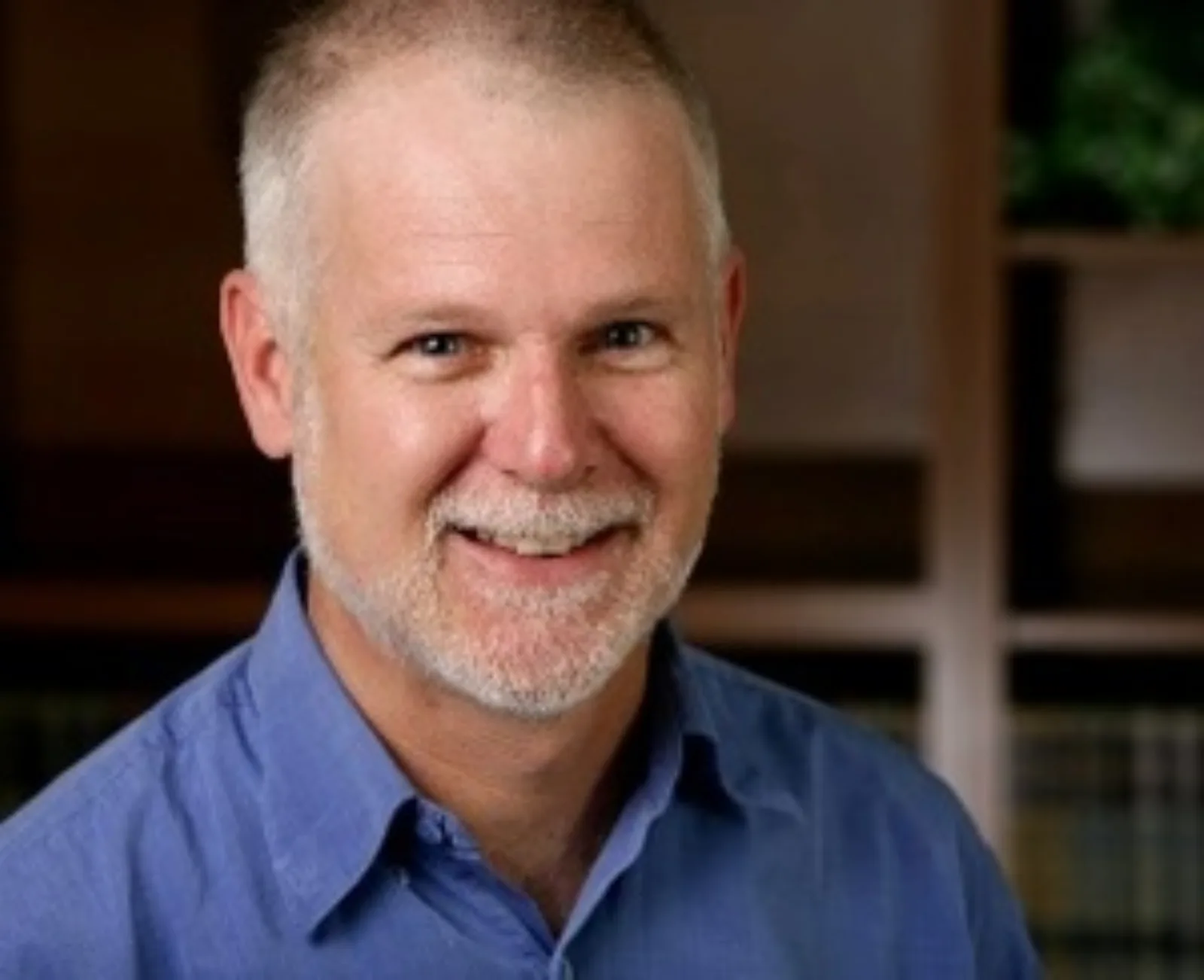John Milton and Isaac Newton constructed apparently disjointed but actually integrated systems of thought, each embracing vitalism, mortalism, and an Arian belief in a Son of God who, while neither co-eternal nor co-essential with the Father, preexisted our world and was the instrument of its creation. In a book in progress, I will argue that Milton is an early adopter of a set of positions characteristic of the Newton circle of the late seventeenth century. Shared Arian belief in a preexistent Son precluded full agreement with Socinians, who believed that the Son did not predate the birth of Jesus. Nevertheless, Milton and Newton shared Socinian and quasi-Socinian positions, for example, an emphasis on reason and an attack on metaphysics in biblical interpretation, an insistence on toleration, opposition to infant baptism, and a focus on the exemplary character of the Christ’s passion as opposed to stressing the crucifixion as atonement. Complicating reliance on categories and labels, the boundaries between Arians and Socinians in the seventeenth century were sufficiently fluid that one of Newton’s circle, Hopton Haynes, described Newton as Socinian, while another, William Whiston, labeled him as Arian. Frank Manuel, a leading scholar of Newton and religion, describes Newton as some Milton scholars have described Milton, as Arian in theology and Socinian in religion. My paper will 1) compare the similar movements of Milton and Newton at what was in the seventeenth century a permeable border between Arianism and Socinianism, 2) address the routes of transmission by which shared ideas might have circulated, and 3) explore the effects on Milton’s and Newton’s Christologies of their dueling imperatives, free will for Milton and divine omnipotence for Newton.
The paper will be precirculated to those who register, for discussion at the seminar.
Coffee and refreshments will be served before the seminar.
Learn more about the speaker: Stephen M. Fallon, University of Notre Dame
The Milton Seminar is organized by Stephen Fallon, University of Notre Dame; Christopher Kendrick, Loyola University Chicago; Paula McQuade, DePaul University; and Regina Schwartz, Northwestern University.
Faculty and graduate students of Center for Renaissance Studies consortium institutions may be eligible to apply for travel funds to attend CRS programs or to do research at the Newberry. Each member university sets its own policies and deadlines; contact your Representative Council member in advance for details.
